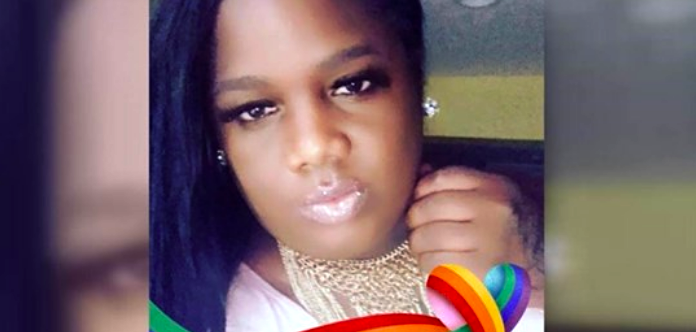Friday, November 20, is Transgender Day of Remembrance 2020, or, as some people have started calling it, the Transgender Day of Resilience. It marks a time to commemorate those killed as a result of anti-transgender hatred or prejudice.
A report by LGBTQ advocacy group Human Rights Campaign (HRC) Foundation notes that at least 37 transgender and gender-nonconforming people were killed in 2020, the highest number since HRC began tracking such data in 2013.
At least 37 transgender or gender non-conforming people have been killed this year, making 2020 the most deadly year on record. This #TransDayOfRemembrance, we must honor their lives by taking action to end this epidemic of violence. https://t.co/b9CFMBEk43 pic.twitter.com/Nf0umw0Lda
— Human Rights Campaign (@HRC) November 20, 2020
“Divisive and dehumanizing rhetoric from anti-equality political leaders has contributed to the toxic mix of racism, sexism and transphobia that drives this horrific violence,” said HRC president Alphonso David in a press release announcing the report.
“It’s on all of us,” David continued, ”to fight for change at every level and take action to support trans and gender non-conforming people. We must work to dismantle the stigma that so many in the trans and gender-nonconforming community face and bring this violence to an end.”
During Transgender Awareness Week, we cannot forget the undue violence that trans people face. Hate crimes against trans people are at an all time high.
Posted by AIDS United on Thursday, November 19, 2020
You can learn more about the report, titled “An Epidemic of Violence,” and download it here. In its coverage of the report, NBC News spotlighted the recent murder of Felycya Harris, who was shot last month in Augusta, Georgia.
Released to coincide with the Transgender Day of Remembrance, the Southern LGBTQ Health Initiative has produced a report titled “The Health Experiences of Black Transgender Southerners.” The report is based on the responses of the 131 people who participated in the Southern LGBTQ Health Survey, which queried respondents about their mental health, high rates of HIV and their struggles accessing health care.
View this post on Instagram
Transgender people—notably, Black and Latina trans women—also experience disproportionately high rates of HIV. To raise awareness of the issue, National Transgender HIV Testing Day is observed every April 18.
The Centers for Disease Control and Prevention recently analyzed data to better assess HIV rates among the transgender community. According to the report:
“The [findings] confirmed that transgender women and men are disproportionately affected by HIV. Laboratory-confirmed HIV prevalence was 14.1% for transgender women, 3.2% for transgender men, and 9.2% for transgender people overall. By comparison, estimated HIV prevalence for U.S. adults overall is less than 0.5%.
“The analysis also showed that transgender women of color are at particularly high risk. Mean HIV prevalence was 44.2% among African-American transgender women and 25.8% among Hispanic/Latina transgender women, compared to 6.7% among white transgender women. Not enough data were available to examine HIV prevalence by race/ethnicity for transgender men.
“While the results of this analysis are useful, they should be interpreted with caution, in part because transgender people at high risk of HIV may have been overrepresented in the studies that comprised the review.”







Comments
Comments